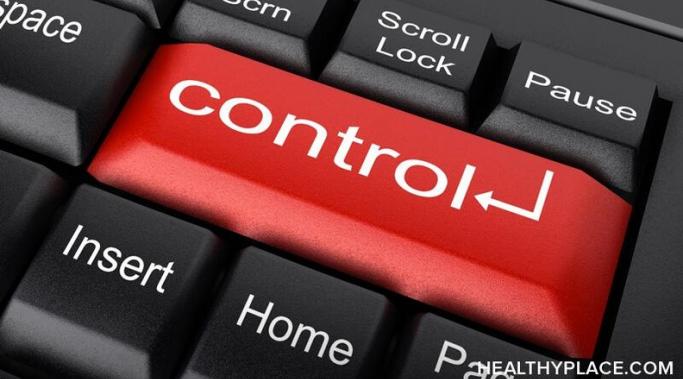An anxiety journal is a powerful mental health tool. Keeping a journal can help you reduce anxiety and move forward freely into your quality life. Beyond that, an anxiety journal can empower you to know what that quality life will be like and how to create it.
Anxiety Management – Anxiety Schmanxiety
Our collective anxiety about the world is skyrocketing. Anxiety disorders are the most common of all mental illnesses worldwide, and the United States is the most anxious nation, with a higher percentage of people diagnosed with anxiety disorders than in any other country. Further, the experience of anxiety in the United States is on the rise, with more...
Why is a schedule an important part of coping with anxiety?
Perhaps you've heard of 2019 n-CoV, a new strain of coronavirus that is causing high anxiety worldwide. It's part of a family of viruses that includes germs responsible for the common cold as well as much more serious viral infections like severe acute respiratory syndrome (SARS-CoV) and has been causing many people to become ill very quickly.1 Reports of "coronavirus" have caused health anxiety to flare, and many people are worried and fearful about what might happen because of it. If you are experiencing coronavirus anxiety, there are things you can do to stay calm, avoid panic, and reduce health anxiety.
If there’s one thing that can make anyone feel anxious, it’s the prospect of failure. The reasons are, admittedly, self-evident: if you really care about something, whether it’s a personal project, goal, relationship, or what have you, then you’re going to want it to succeed. But, of course, failure is part of life, so it is best to be ready to confront fear and anxiety when it inevitably happens to you.
It is tempting to resist anxiety to try to reduce it, but that's not the way to go. No one wants to live with anxiety because it's controlling. When anxiety invades our thoughts, emotions, and behaviors, it traps us in its cage and lives our lives for us. When trapped, people instinctively fight back. Not wanting to remain stuck, it's natural to resist anxiety by arguing with anxious beliefs. However, to argue requires thinking about those anxious thoughts and ruminating over them, which keeps us focused on them. Struggling against anxiety tightens the trap door. When we relax enough to shimmy out of anxiety's tight grasp, we can open the door of the cage and fly free. Doing so involves a different approach.
Do you ever feel in control of time, or do you feel like you'll never finish everything you want to do?
Finding a quiet space inside of you is important because anxiety is loud. It screams incessantly, warning us against threats seen and unseen, imminent and anticipatory, real and imagined. Our thoughts race noisily through our mind, and when they rev up to become obsessions and ruminations, they can turn our mind into a place more earsplitting than a Nascar track. No wonder anxiety causes symptoms like headaches, trembling, irritability, and, for me, the urge to curl into a ball with my hands over my ears screaming, "Shut up!" Believe it or not, you can turn off the race cars (slow and quiet your anxious, negative thoughts), and enjoy much-needed quiet in your mind. When anxiety is loud, find and cultivate the quiet space within you.
Sometimes, to reduce anxiety, the most powerful thing we can do is reconnect with ourselves, our values, and those in our lives. Chances are, your life is busy. To be busy can be good and healthy when we're pursuing our passions and creating the quality life we want. However, when we become too busy and stress dominates, we risk becoming disconnected from what's most important to us, the values that often drive our busyness in the first place. To reduce anxiety in the long term, reconnect to what gives your life meaning.
With the new year now underway, you’re bound to hear talk of people resolving to cut out toxic relationships, people, what have you. In fact, I’m sure so many people say that every year, the very thought of anyone suggesting they’re going to cut out toxic relationships is more of a cliché than anything else, eliciting nothing more than an eye roll. I mean, who really follows through on any of their resolutions, anyway?









